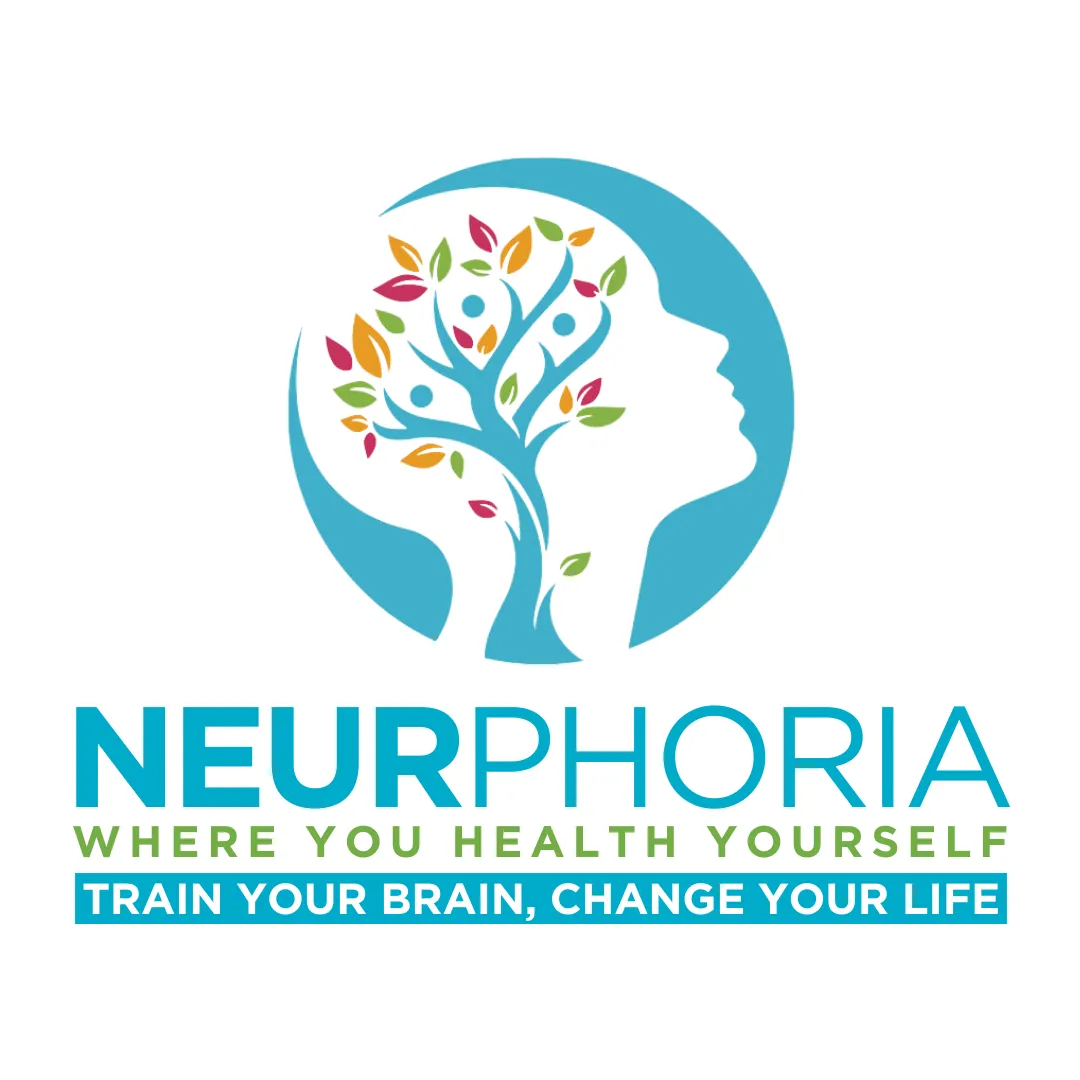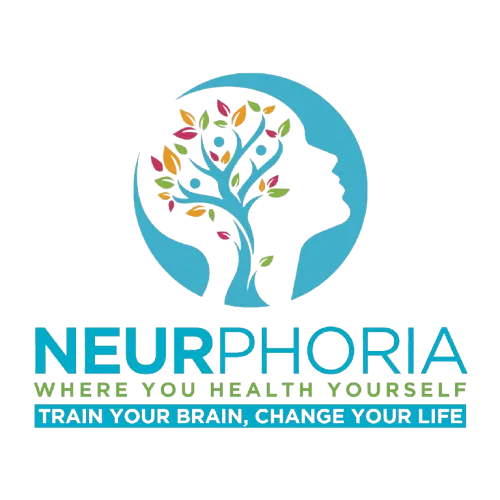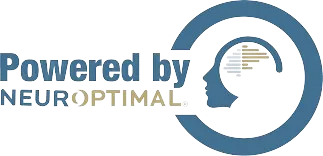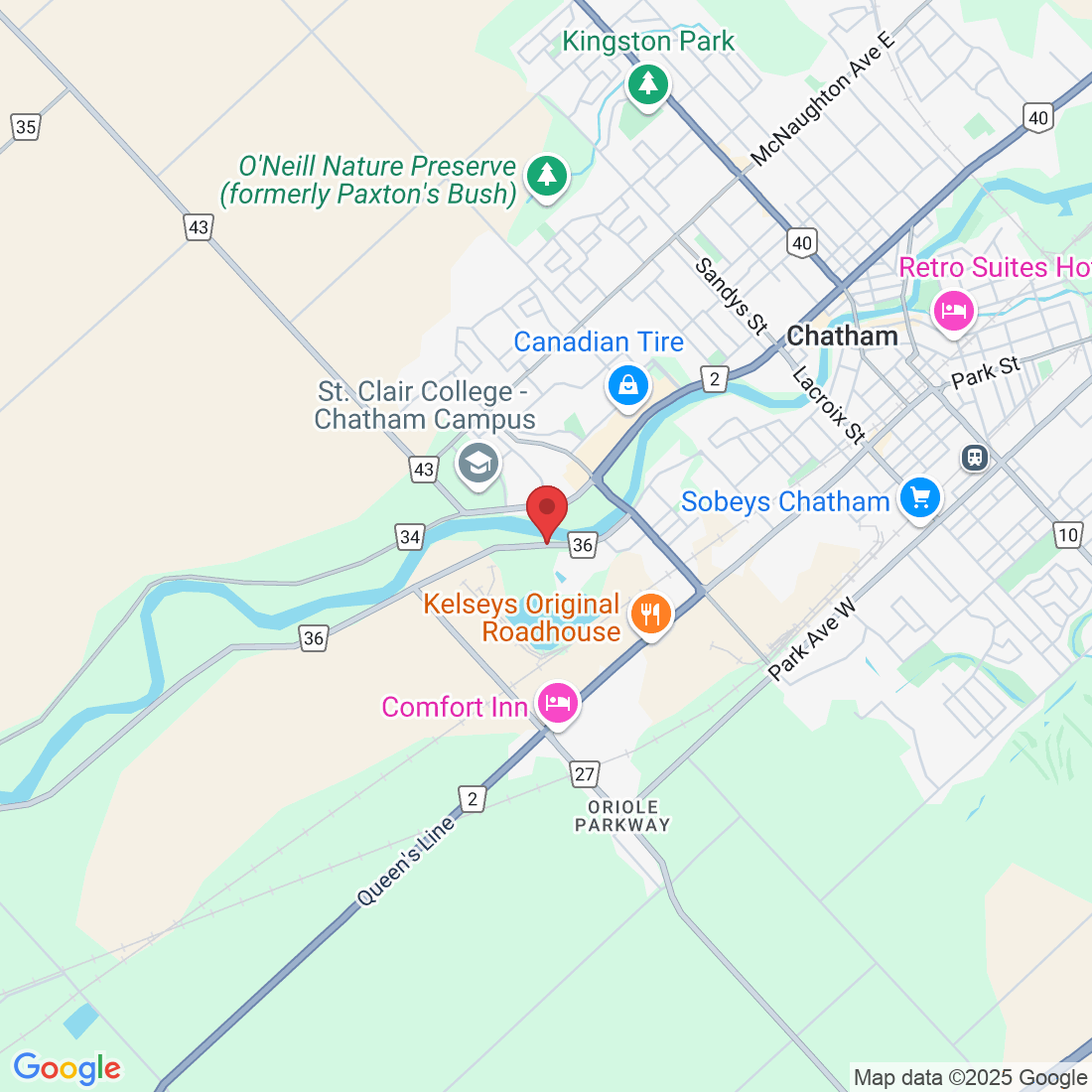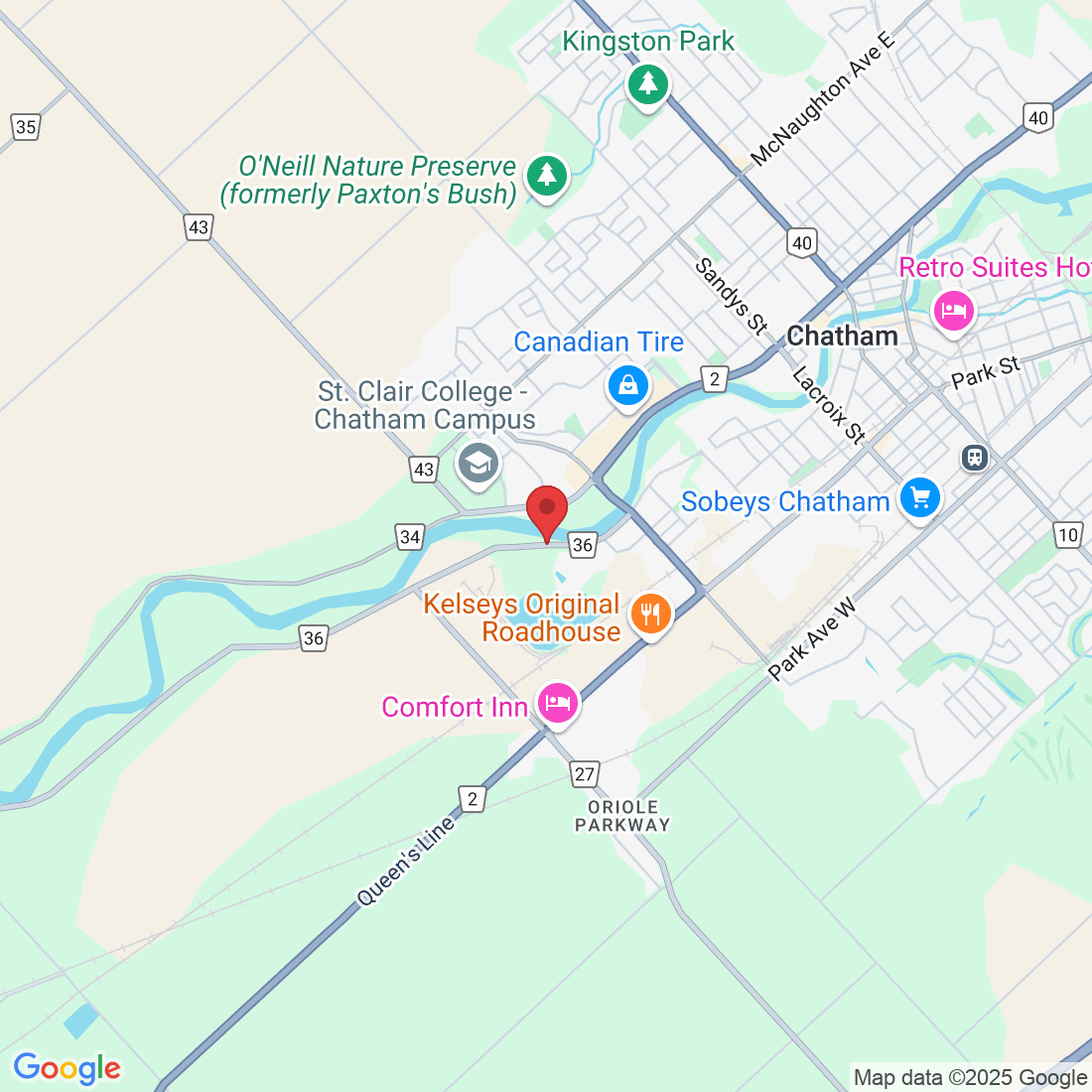Breaking Free: How Neurofeedback Supports Addiction Recovery
Addiction, whether it involves alcohol, drugs, or gambling,
is a multifaceted challenge that impacts the brain’s ability to self-regulate, process stress, and make healthy decisions. Neurofeedback offers a revolutionary, non-invasive approach to help individuals overcome these struggles by promoting natural brain balance and resilience. By optimizing brain function, this technology supports recovery, enhances mental clarity, and
empowers individuals to regain control over their lives.
The Challenges of Addiction
Addiction affects every aspect of an individual’s life,
often manifesting through:
Dysregulated Brain Activity: Addictive behaviors alter neural pathways, impairing the brain's ability to self-regulate emotions and decision-making.
Stress and Emotional Imbalance: Chronic stress and unresolved trauma often underpin addictive tendencies, creating a cycle of dependence.
Cravings and Impulsivity: Intense urges and a diminished ability to delay gratification hinder recovery efforts.
Difficulty with Focus and Motivation: Many individuals in recovery struggle to concentrate and maintain long-term commitment to their goals.
How Neurofeedback Helps with Addiction Recovery
Promoting Brain Self-Regulation: Neurofeedback helps the brain recognize and correct inefficiencies by providing real-time feedback during sessions. This process allows the brain to reorganize itself naturally, restoring balance and improving self-regulation—key factors in overcoming addiction
Addressing Alcohol, Drug, and Gambling Addiction:
1. Alcohol Addiction
Breaking the Stress-Relief Cycle: Alcohol often becomes a coping mechanism for stress or anxiety. Neurofeedback helps regulate the brain’s stress response, reducing the need for external relief.
Improved Emotional Stability: Encourages emotional balance, making it easier to resist triggers and avoid relapses.
Supporting Evidence: A study published in Addiction Biology (2015) found that neurofeedback training reduced alcohol cravings and relapse rates in individuals undergoing treatment for alcohol dependency.
2. Drug Addiction
Healing Cognitive Impairment: Drug use can impair cognitive function, but neurofeedback supports recovery by improving focus, memory, and decision-making.
Reducing Cravings: By calming overactive brain regions associated with reward-seeking behavior, Neurofeedback helps diminish cravings.
Supporting Evidence: Research in the Journal of Neurotherapy (2016) demonstrated that neurofeedback interventions reduced impulsivity and improved self-regulation in individuals with substance use disorders.
First Responders:
NeurOptimal® is a powerful tool for first responders, helping to enhance their mental resilience and performance under pressure. Firefighters, police officers, paramedics, and other emergency personnel can benefit greatly from NeurOptimal® Neurofeedback brain training.
This advanced brain training can improve focus, reduce stress, and foster a sense of calm in high-stakes situations. First responders have reported better decision-making abilities, heightened situational awareness, and an overall improvement in mental clarity and emotional regulation.

3. Gambling Addiction
Impulse Control: Neurofeedback enhances executive function, helping individuals resist the impulsive urges that drive gambling behavior.
Improved Emotional Resilience: Strengthens the brain’s ability to manage disappointment or loss without resorting to compulsive behaviors.
Supporting Evidence: A 2018 study in Behavioral Sciences found that neurofeedback training significantly reduced impulsive tendencies in individuals with gambling addiction.
First Responders:
NeurOptimal® is a powerful tool for first responders, helping to enhance their mental resilience and performance under pressure. Firefighters, police officers, paramedics, and other emergency personnel can benefit greatly from NeurOptimal® Neurofeedback brain training.
This advanced brain training can improve focus, reduce stress, and foster a sense of calm in high-stakes situations. First responders have reported better decision-making abilities, heightened situational awareness, and an overall improvement in mental clarity and emotional regulation.

The Benefits of Neurofeedback in Recovery
1. Enhanced Stress Management
Helps calm an overactive nervous system, reducing the anxiety and stress often linked to addictive behaviors.
Promotes resilience, enabling individuals to face life’s challenges without relying on substances or compulsive actions.
Research Highlight: A study in Clinical EEG and Neuroscience (2017) reported that neurofeedback training improved emotional regulation in participants, making it a valuable tool for addiction recovery.
2. Improved Emotional Regulation
Aids in processing unresolved trauma and emotional pain that fuel addiction.
Encourages a balanced emotional state, making it easier to maintain sobriety or abstinence.
3. Cognitive Clarity
Reduces brain fog, allowing individuals to think clearly and make healthier choices.
Improves focus and concentration, essential for engaging in therapy and long-term recovery planning.
Physical Benefits:
1. Improved Sleep Patterns
Many in recovery struggle with insomnia or disrupted sleep. Neurofeedback helps regulate sleep cycles, promoting restorative rest critical for healing.
Research Highlight: A 2020 study in Sleep Medicine Reviews noted that neurofeedback could significantly improve sleep quality, which is vital for individuals in addiction recovery.
2. Reduced Physical Cravings
By balancing the brain’s reward system, neurofeedback minimizes the intensity of cravings, helping individuals stay on track.
3. Enhanced Energy Levels
Supports overall brain health, reducing fatigue and increasing vitality for the challenges of recovery.
A Holistic Approach to Addiction Recovery:
1. Non-Invasive and Drug-Free
Neurofeedback is entirely non-invasive, making it safe and suitable for anyone in recovery.
It does not involve medications, reducing the risk of substituting one dependency for another.
2. Complementary to Therapy
Works seamlessly alongside traditional therapeutic modalities such as counseling or 12-step programs, enhancing their effectiveness.
Facilitates deeper engagement in recovery work by improving focus, emotional regulation, and stress tolerance.
3. Long-Term Benefits
Builds a foundation for sustained recovery by strengthening neural pathways associated with healthy behaviors.
Encourages self-awareness, empowering individuals to recognize and manage potential triggers.
First Responders:
NeurOptimal® is a powerful tool for first responders, helping to enhance their mental resilience and performance under pressure. Firefighters, police officers, paramedics, and other emergency personnel can benefit greatly from NeurOptimal® Neurofeedback brain training.
This advanced brain training can improve focus, reduce stress, and foster a sense of calm in high-stakes situations. First responders have reported better decision-making abilities, heightened situational awareness, and an overall improvement in mental clarity and emotional regulation.

Breaking Free: How Neurofeedback Supports Addiction Recovery
Addiction, whether it involves alcohol, drugs, or gambling,
is a multifaceted challenge that impacts the brain’s ability to self-regulate, process stress, and make healthy decisions. Neurofeedback offers a
revolutionary, non-invasive approach to help individuals overcome these struggles by promoting natural brain balance and resilience. By optimizing brain function, this technology supports recovery, enhances mental clarity, and
empowers individuals to regain control over their lives.
The Challenges of Addiction
Addiction affects every aspect of an individual’s life,
often manifesting through:
Dysregulated Brain Activity:
Addictive behaviors alter neural pathways, impairing
the brain's ability to self-regulate emotions and decision-making.
Stress and Emotional Imbalance: Chronic stress and unresolved trauma often underpin addictive tendencies, creating a cycle of dependence.
Cravings and Impulsivity: Intense urges and a diminished ability to delay gratification hinder recovery efforts.
Difficulty with Focus and Motivation: Many individuals in recovery struggle to concentrate and maintain long-term commitment to their goals.
How Neurofeedback Helps with Addiction Recovery
Promoting Brain Self-Regulation:
Neurofeedback helps the brain recognize and correct inefficiencies by providing real-time feedback during sessions. This process allows the brain to reorganize itself naturally, restoring balance and improving self-regulation—key factors in overcoming addiction
Cognitive Benefits:
1. Enhanced Focus and Concentration
Helps artists and musicians stay present and engaged during creation or performance.
Reduces distractions, allowing for deeper immersion in their craft.
Research Highlight: Studies in Frontiers in Psychology reveal that neurofeedback improves attention and focus, critical for artistic mastery.
2. Boosted Creativity
Encourages a relaxed, alert state conducive to innovative thinking and creative flow.
Enhances the ability to connect disparate ideas and experiment with new techniques.
Fact: The alpha-theta brain state, supported by neurofeedback, is associated with heightened creativity and problem-solving, as shown in research by The Creativity Research Journal.
3. Cognitive Flexibility
Improves problem-solving and adaptability in artistic challenges.
Fosters experimentation and versatility in musical or visual techniques.
Emotional and Mental Benefits:
1. Stress and Anxiety Reduction
Regulates the brain’s response to stress, helping manage performance anxiety.
Promotes relaxation, enabling artists and musicians to perform confidently.
Statistic: Over 60% of performing artists report experiencing stage fright, according to research by the Journal of Anxiety Disorders.
2. Emotional Resilience
Builds the capacity to handle criticism and setbacks with grace.
Enhances emotional stability, reducing mood swings and creative frustration.
Research Highlight: Neurofeedback has been shown to improve emotional regulation in studies published in Social Cognitive and Affective Neuroscience.
3. Improved Mood and Motivation
Supports a positive mindset, fueling passion and drive for artistic pursuits.
Reduces feelings of self-doubt and fosters self-assurance in creative endeavors.
Physical and Performance Benefits:
1. Improved Sleep Quality
Encourages restorative sleep, essential for mental clarity and performance stamina.
Helps regulate disrupted sleep patterns caused by stress or erratic schedules.
Fact: A study in the Journal of Clinical Sleep Medicine highlights how better sleep improves cognitive function and creativity.
2. Enhanced Energy Levels
Reduces mental and physical fatigue by optimizing brain function.
Provides sustained energy for long hours of practice, rehearsals, or tours.
3. Fine Motor Skills and Coordination
Improves neural efficiency, supporting precision and timing in instrumental or physical performance.
Enhances hand-eye coordination and agility for artists and musicians.
Professional Benefits for Creative Careers:
1. Consistency in Performance
Stabilizes brain activity, ensuring reliability during live performances or high-pressure situations.
Builds resilience to maintain creativity and focus across projects.
2. Collaboration and Teamwork
Works seamlessly alongside traditional therapeutic modalities such as counseling or 12-step programs, enhancing their effectiveness.
Facilitates deeper engagement in recovery work by improving focus, emotional regulation, and stress tolerance.
3. Career Longevity
Builds a foundation for sustained recovery by strengthening neural pathways associated with healthy behaviors.
Encourages self-awareness, empowering individuals to recognize and manage potential triggers.
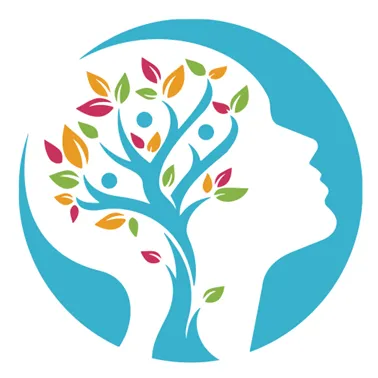
Empowering Recovery and Resilience
Neurofeedback is more than a tool for managing addiction; it’s a gateway to lasting transformation. By addressing the root causes of addiction and supporting the brain’s natural ability to heal, it enables individuals to reclaim their lives.
Whether you’re seeking freedom from alcohol, drugs, or gambling, Neurofeedback provides a powerful, non-invasive solution to help you achieve clarity, resilience, and lasting recovery. Take the first step towards a healthier, more empowered future today.
Sounds Exciting Doesn't It?
It's Time To Experience The Transformation For Yourself.
Book Your Complimentary Consultation With NeurPhoria Today!
Disclaimer: NeurOptimal® has been given the thumbs up by the FDA as a general wellness device (USA) and a consumer product from Health Canada. This means it's not classified as a medical device or treatment. Think of it as your brain's personal coach rather than a medical fix-it tool. It's all about training your brain muscles! However, it's important to note that NeurOptimal® doesn't diagnose, treat, prevent, or cure any illnesses. Neurofeedback has supported individuals, alongside their medical team, in reducing or discontinuing certain medications. Please do not stop taking medications without your doctors consent. Plus, it won't tweak your body's structure or functions. Neurofeedback has supported individuals, alongside their medical team, in reducing or discontinuing certain medications. Please do not stop taking medications without your doctors consent. Do not stop taking your prescription medications without your health team's consent. Remember, the info on this site is for knowledge purposes only and isn't medical advice. It's always a good idea to consult with your doctor before diving into any new training program. I am not a doctor, if you need medical and/or mental health assistance please see your doctor immediately. And hey, since every brain is unique, we can't predict exactly how yours will respond to the training. So, no guarantees, but let's embark on this brain-training journey together!
©2025 - NeurPhoria
All Rights Reserved

Empowering Recovery and Resilience
Neurofeedback is more than a tool for managing addiction; it’s a gateway to lasting transformation. By addressing the root causes of addiction and supporting the brain’s natural ability to heal, it enables individuals to reclaim their lives.
Whether you’re seeking freedom from alcohol, drugs, or gambling, Neurofeedback provides a powerful, non-invasive solution to help you achieve clarity, resilience, and lasting recovery. Take the first step towards a healthier, more empowered future today.
Sounds Exciting Doesn't It?
It's Time To Experience The Transformation For Yourself.
Book Your Complimentary Consultation With NeurPhoria Today!
Disclaimer: NeurOptimal® has been given the thumbs up by the FDA as a general wellness device (USA) and a consumer product from Health Canada. This means it's not classified as a medical device or treatment. Think of it as your brain's personal coach rather than a medical fix-it tool. It's all about training your brain muscles! However, it's important to note that NeurOptimal® doesn't diagnose, treat, prevent, or cure any illnesses. Neurofeedback has supported individuals, alongside their medical team, in reducing or discontinuing certain medications. Please do not stop taking medications without your doctors consent. Plus, it won't tweak your body's structure or functions. Neurofeedback has supported individuals, alongside their medical team, in reducing or discontinuing certain medications. Please do not stop taking medications without your doctors consent. Do not stop taking your prescription medications without your health team's consent. Remember, the info on this site is for knowledge purposes only and isn't medical advice. It's always a good idea to consult with your doctor before diving into any new training program. I am not a doctor, if you need medical and/or mental health assistance please see your doctor immediately. And hey, since every brain is unique, we can't predict exactly how yours will respond to the training. So, no guarantees, but let's embark on this brain-training journey together!
©2025 - NeurPhoria
All Rights Reserved
